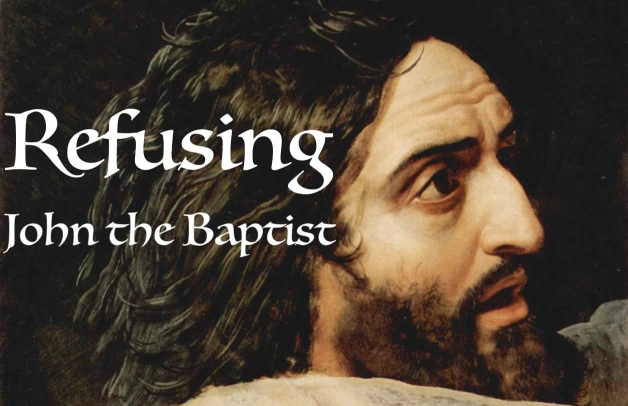An early Christian critique of those who rejected John the Baptist and his message.
Coordinating Ritual and Moral Purity in the New Testament
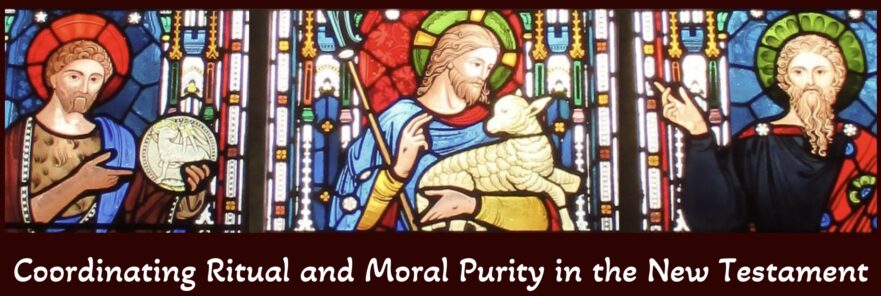
Taking another look at how John the Baptist, Jesus, and the Apostle Paul related to issues of ritual and moral purity.
Halakha in the Gospels
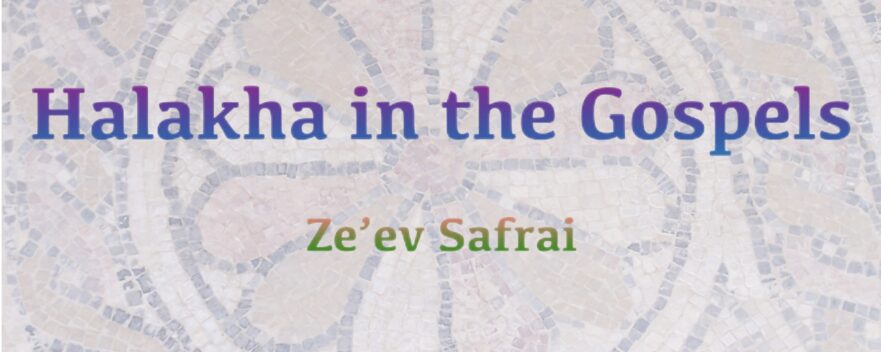
The Gospels describe Jesus and his followers as keeping halakha to a relatively high extent; they were a group to whom the law was important.
‘Look at…all the trees’: Trees in the New Testament Gospels
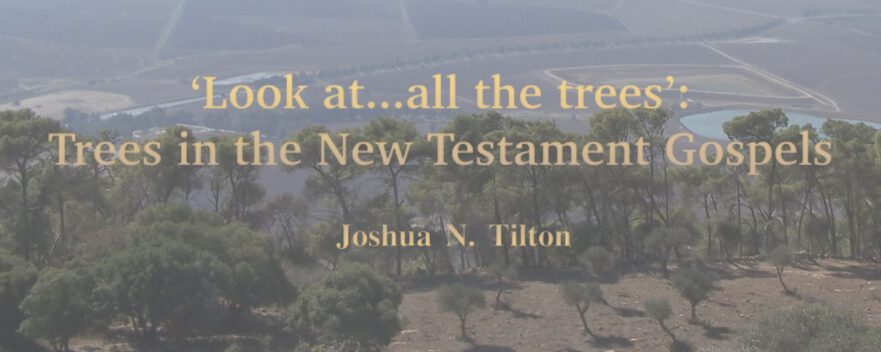
An examination of the role trees play in the New Testament Gospels.
The Expectation of Sabbatical Redemption within Ancient Judaism and Luke-Acts
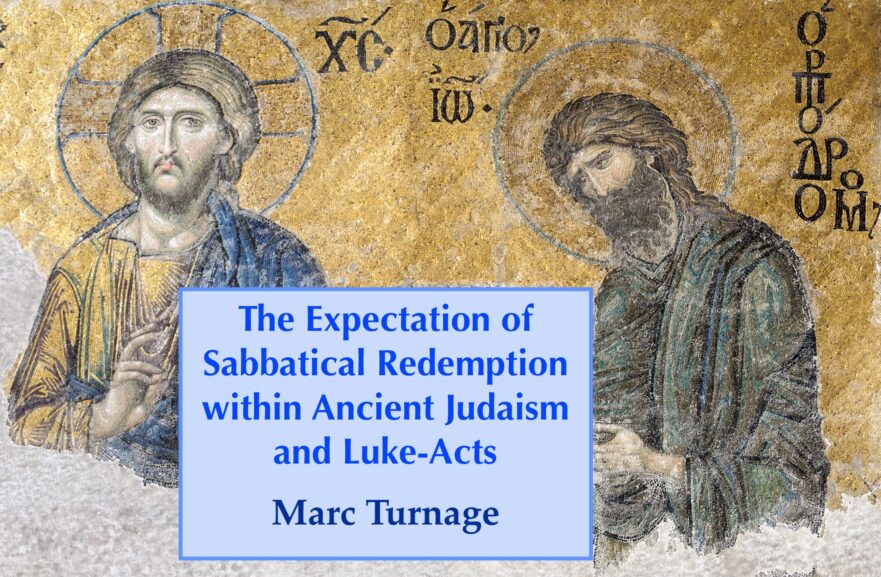
Luke-Acts attests to the connection of the movements of John the Baptist and Jesus to ancient Jewish hopes of sabbatical redemption.
Like Children Complaining
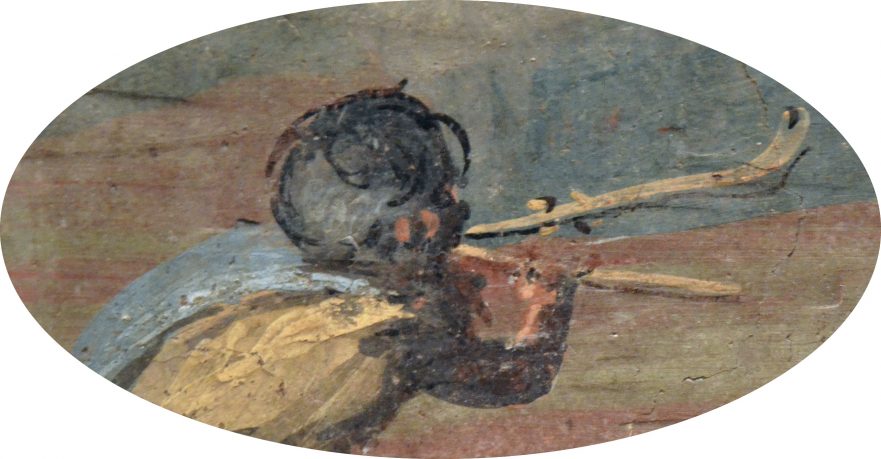
Were Jesus and John the Baptist like children who played a dance and a dirge? Or was Jesus’ generation one that complained like whining children about the prophets who came to warn it?
Yeshua’s Immersion
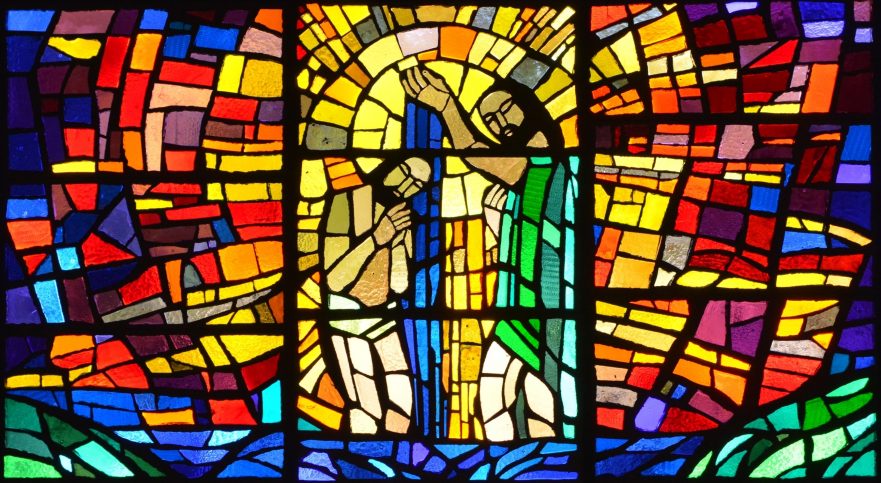
The words of the heavenly voice that spoke at Jesus’ immersion foreshadowed the trajectory of Jesus’ career.
Yohanan the Immerser’s Execution
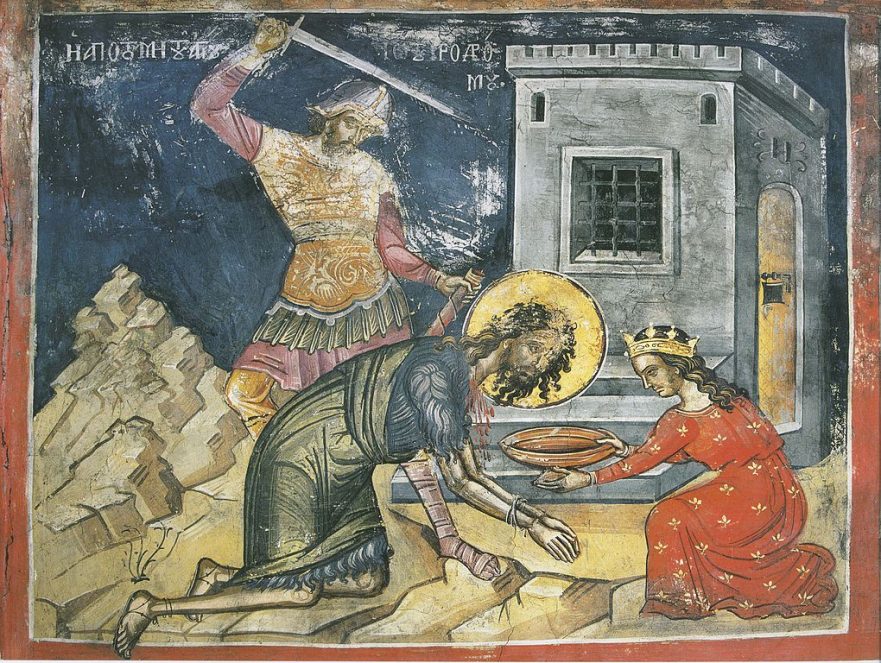
The story of John the Baptist’s martyrdom was rich with allusions to stories from the Hebrew Scriptures.
Yohanan the Immerser’s Eschatological Discourse
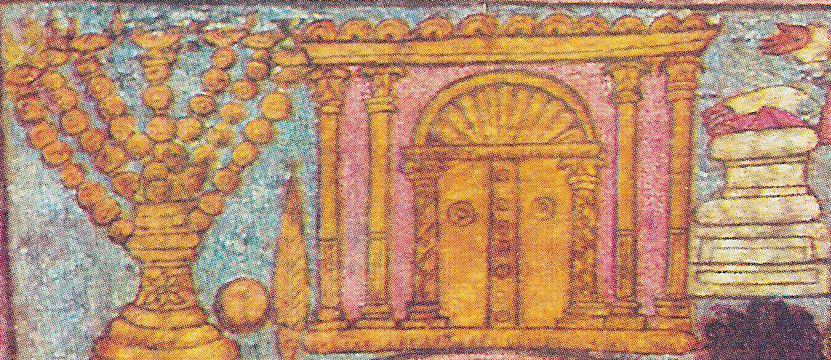
John the Baptist anticipated the coming of an Elijah-like priestly messiah who would purify the Temple on an eschatological Day of Atonement.
Yohanan the Immerser’s Exhortations
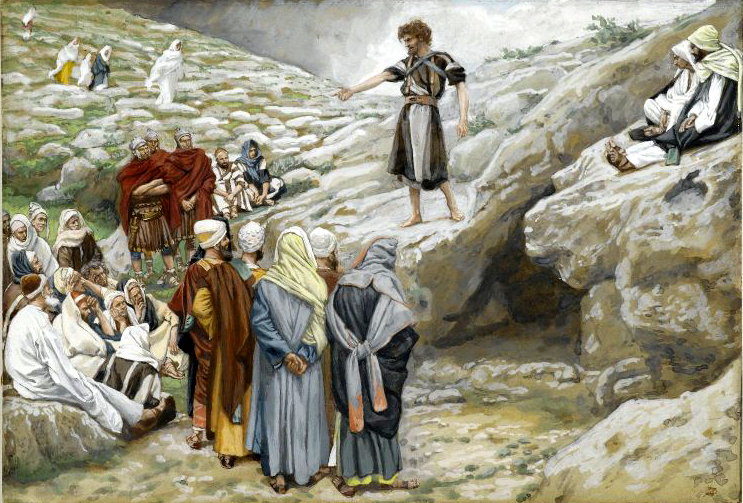
In Yohanan the Immerser’s Exhortations John the Baptist instructs his audience how they are to behave in order to bear the fruits of repentance.
Yohanan the Immerser Demands Repentance
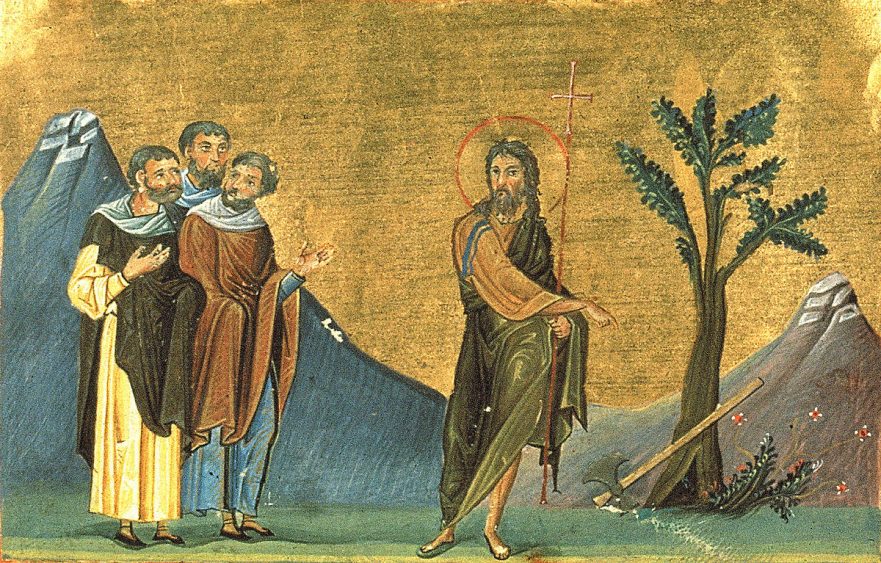
In Yohanan the Immerser Demands Repentance John the Baptist challenges his audience, which had gone through all the trouble of going out to the Jordan River to receive his baptism, to accept his even more important advice: to repent of their evil deeds and imitate the faithfulness of Abraham their father.
A Voice Crying
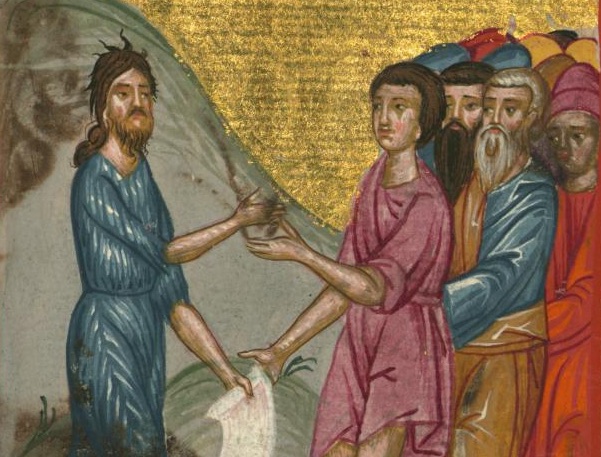
An examination of the Jewish setting of John the Baptist’s proclamation of an immersion of repentance for the release of Israel’s sin indebtedness.
The Kingdom of Heaven Is Increasing
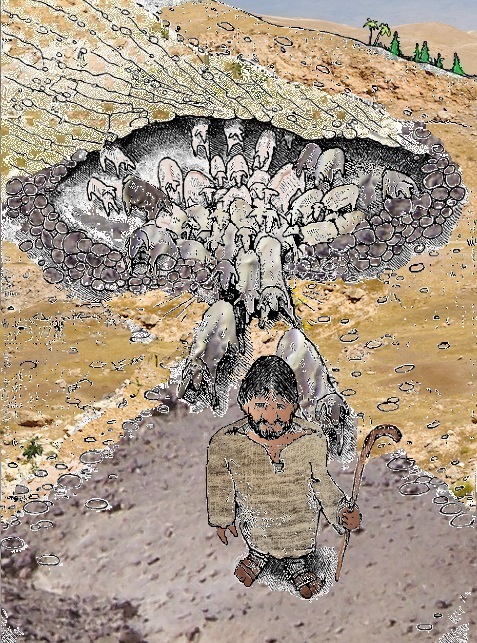
An investigation of the possible Hebrew background of one of Jesus’ most difficult sayings.
Yeshua’s Words about Yohanan the Immerser
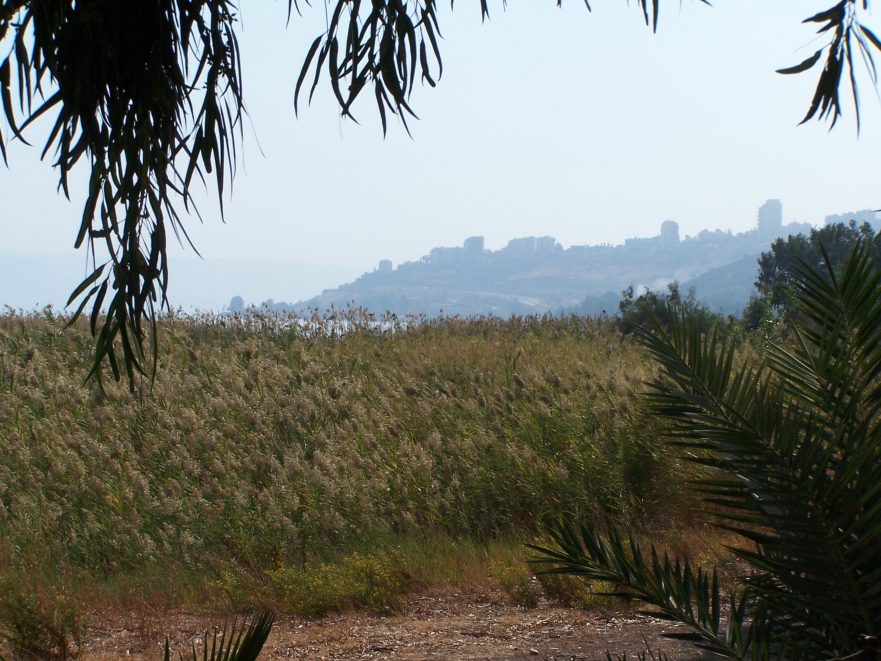
Did Jesus regard John the Baptist as a prophet? As more than a prophet? What did he mean that the least in the Kingdom of Heaven is greater than John the Baptist? Explore these questions in Yeshua’s Words about Yohanan the Immerser.
Yohanan the Immerser’s Question
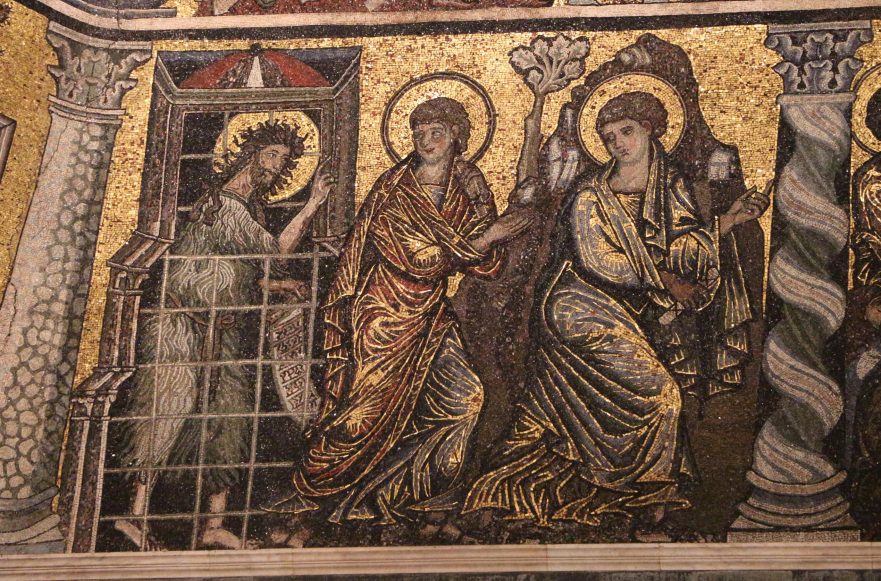
When John the Baptist asked Jesus, “Are you the Coming One?” did Jesus reply, “Yes, I am” or “No, I’m not”?
“Yohanan the Immerser and the Kingdom of Heaven” complex
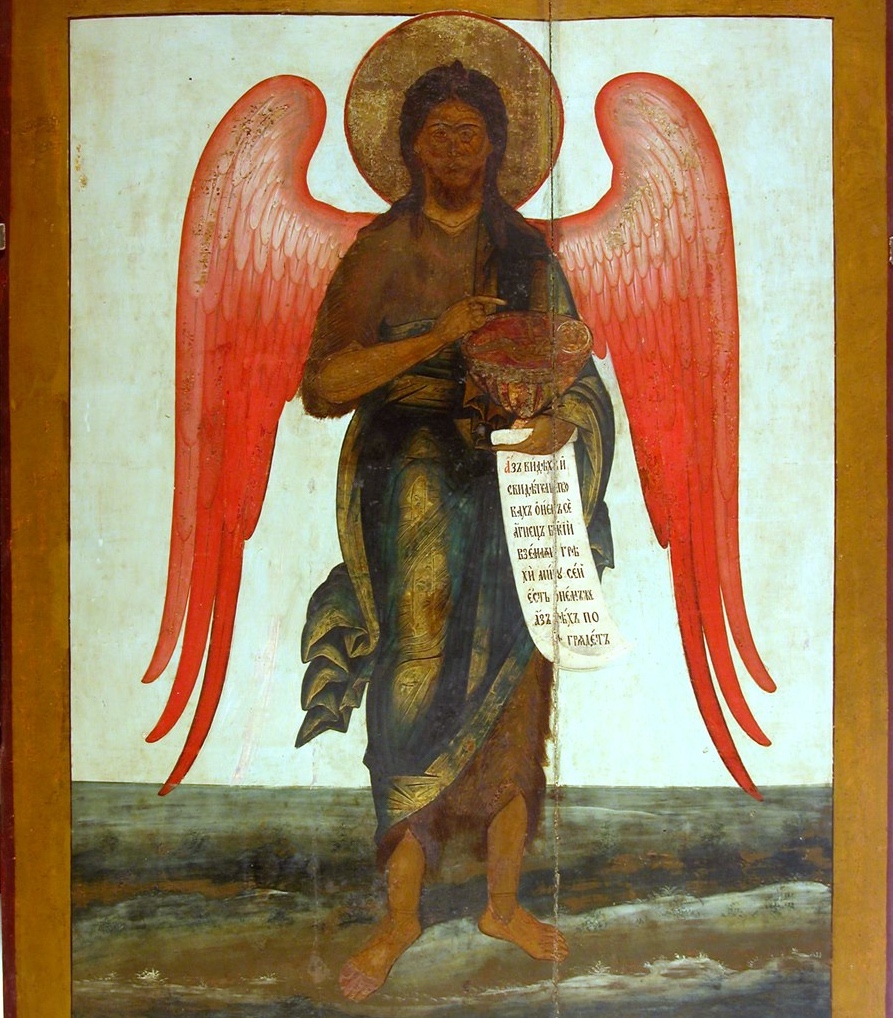
The Hebrew Life of Yeshua, the source that Robert Lindsey believed ultimately lies behind the Synoptic Gospels, contained a conversation about John the Baptist and his relationship to the Kingdom of Heaven. David N. Bivin and Joshua N. Tilton attempt to reconstruct that conversation here.
The Programmatic Opening of Jesus’ Biography as a Reflection of Contemporaneous Jewish Messianic Ideas
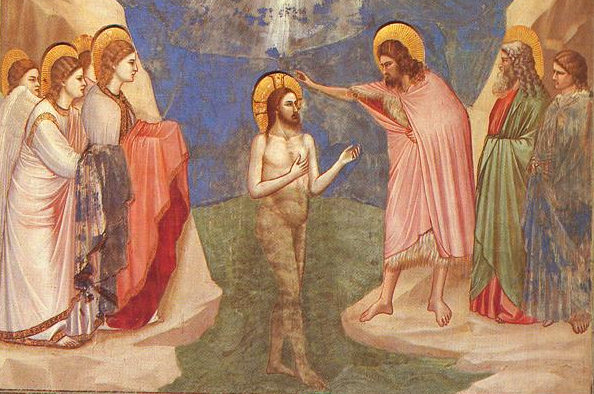
In this study Professor Ruzer suggests that there was a broader first-century Jewish context behind the narrative strategies employed in Mark’s prologue to Jesus’ messianic biography. On the other hand, he also demonstrates that Mark 1:9-11 can be used to recover an early phase of a pattern of messianic belief, seemingly shared by wider Judaism, that continued into the rabbinic period. In other words, New Testament evidence can be an important witness to broader trajectories in early Jewish messianic beliefs.
The Messianic Consciousness of Jesus: Lesson 03
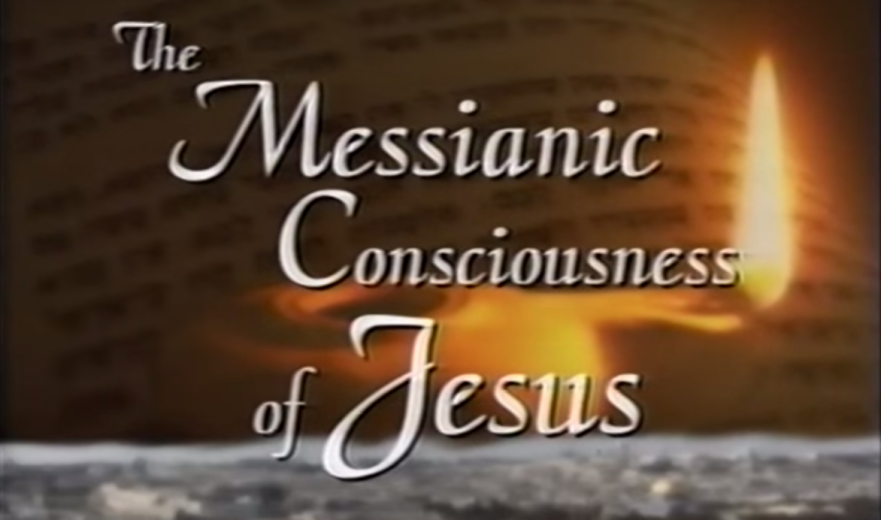
In Lesson Three of The Messianic Consciousness of Jesus series, Dr. Robert Lindsey examines the story of Jesus’ baptism.
- Page 1 of 2
- 1
- 2

